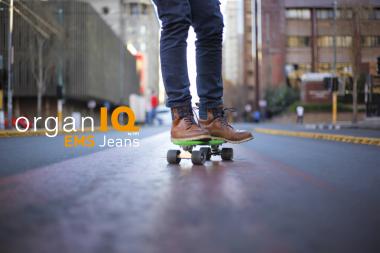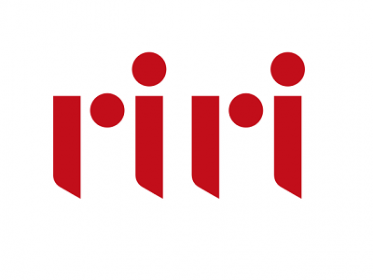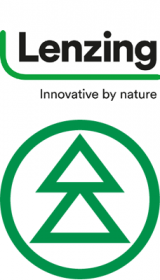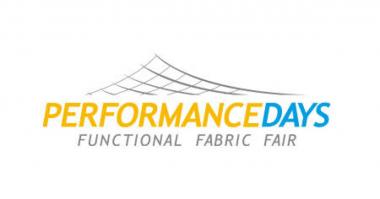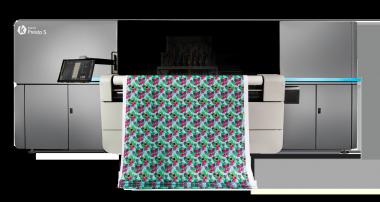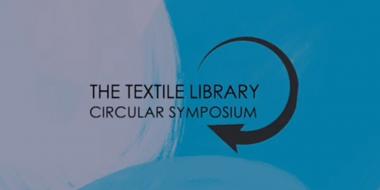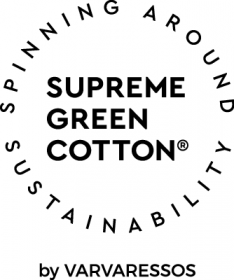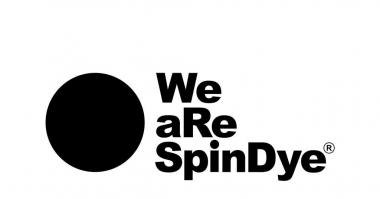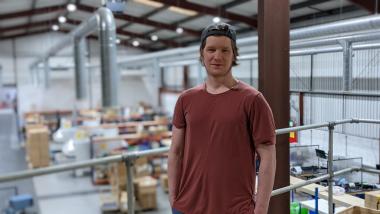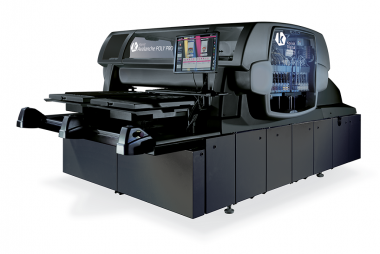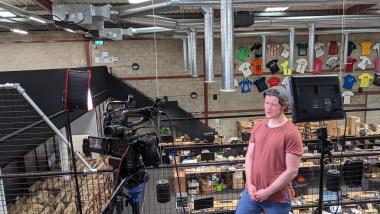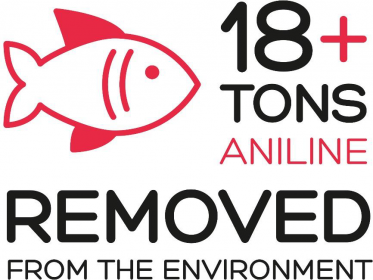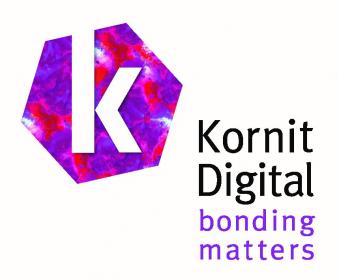Infinited Fiber Company raises EUR 30 million from new Investors
Circular fashion and textile technology group Infinited Fiber Company has secured investments totaling 30 million euros in its latest financing round completed on June 30. The round also brought Infinited Fiber Company new investors, including sportswear company adidas, Invest FWD A/S, which is BESTSELLER’s investment arm for sustainable fashion, and investment company Security Trading Oy. Among the existing investors contributing to this round of financing were fashion retailer H&M Group, who was the lead investor, investment company Nidoco AB, and Sateri, the world’s largest viscose producer and a member of the RGE group of companies.
This securement of new funding follows Infinited Fiber Company’s April announcement of plans to build a flagship factory in Finland in response to the strong growth in demand from global fashion and textile brands for its regenerated textile fiber Infinna™. The factory, which will use household textile waste as raw material, is expected to be operational in 2024 and to have an annual production capacity of 30,000 metric tons. The new funding enables Infinited Fiber Company to carry out the work needed to prepare for the flagship factory investment and to increase production at its pilot facilities in the years leading to 2024.
“We are really happy to welcome our new investors and grateful for the continued support from our older investors,” said Infinited Fiber Company co-founder and CEO Petri Alava. “These new investments enable us to proceed at full speed with the pre-engineering, environmental permits, and the recruitment of the skilled professionals needed to take our flagship project forward. We can now also boost production at our pilot facilities so that we can better serve our existing customers and grow our customer-base in preparation for both our flagship factory and for the future licensees of our technology.”
H&M Group is one of Infinited Fiber Company’s earliest investors. They first invested in Infinited Fiber Company in 2019.
H&M Group has also signed a multiyear sales deal with Infinited Fiber Company to secure its access to agreed amounts of Infinna from the planned flagship factory.
New investor BESTSELLER has struck a similar sales deal with Infinited Fiber Company.
In addition to strong interest by global fashion leaders, the technology has significant promise for major textile fiber producers. Allen Zhang, President of Sateri, said: “Sateri is excited to continue to invest in and collaborate with Infinited Fiber Company as part of our long-term commitment towards closed-loop, circular and climate-positive cellulosic fibers. This financing round marks a major milestone for our collaboration in scaling up next-generation fiber solutions.”
Infinited Fiber Company’s flagship plant preparations are also proceeding on other fronts. Several Nordic and international investment banks have given Infinited Fiber Company proposals on the financing options for the investment.
Infinited Fiber Company’s technology turns cellulose-based raw materials, like cotton-rich textile waste, into Infinna, a unique, premium-quality regenerated textile fiber with the natural, soft look and feel of cotton. Infinna is biodegradable and contains no microplastics, and at the end of their life, garments made with it can be recycled in the same process together with other textile waste.
Infinited Fiber Company Infinited Fiber H&M adidas BESTSELLER Sateri Sustainability
Infinited Fiber Company







